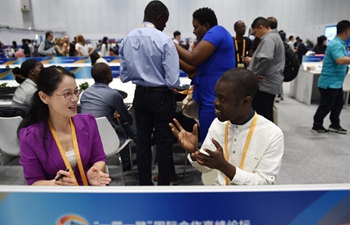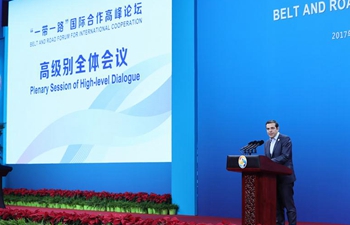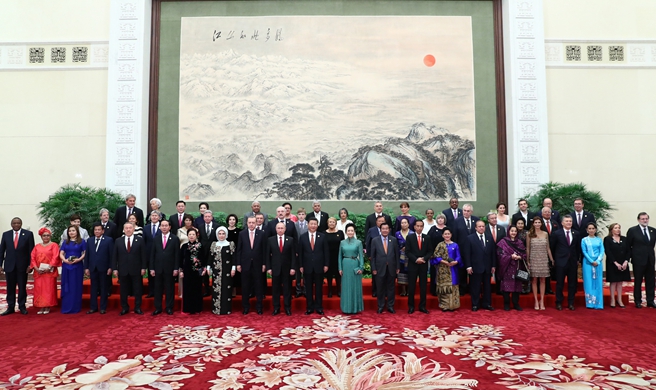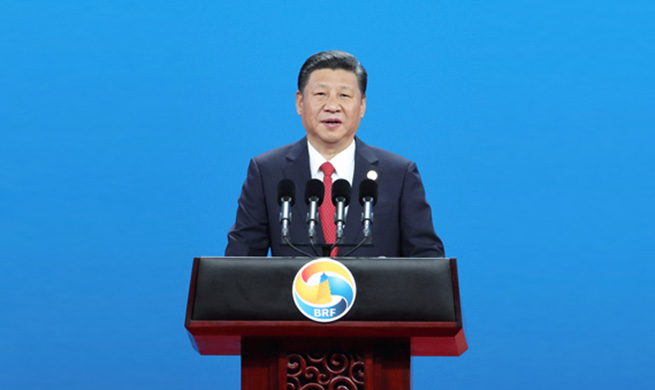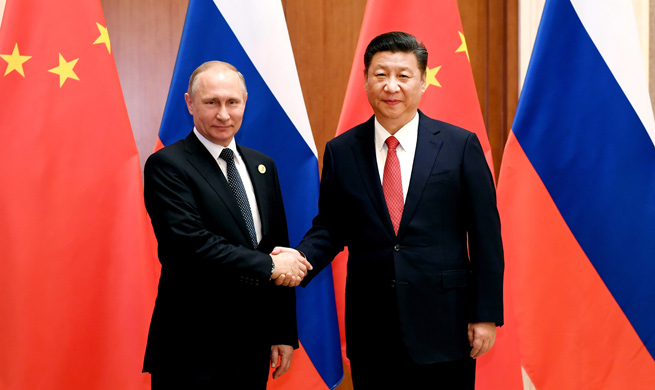SAN FRANCISCO, May 14 (Xinhua) -- A new study indicates that applying a strategic approach to studying helped college students improve their exam scores by an average of one-third of a letter grade.
Published in Psychological Science, the study was inspired by meetings that lead author Patricia Chen, a postdoctoral research fellow in Stanford University's Department of Psychology, had with less-than-enthused students after they received their exam grades.
Many of these students, Chen noticed, lamented their poor performances despite the great deal of effort that they had put into studying. The classic complaint seemed to be, "I studied really hard, and I'm just as smart as (another student). I don't understand why I didn't do well."
From the students' responses to her question, "Describe to me how you studied for the exam," Chen gleaned the insight that many students fall short of performing to their potential because they don't employ a strategic approach to their learning. "Blind effort alone, without directing that effort in an effective manner, doesn't always get you to where you want to go."
The research team, which included Desmond Ong, a Stanford doctoral student in psychology, homed in on one important aspect of strategic learning -- engaging in self-reflection to identify and use resources wisely. The researchers developed a "Strategic Resource Use" intervention that blends educational and social psychological theories and "prompts students to think deliberately about how to approach their learning effectively with the resources available to them."
The intervention was administered through brief online surveys sent to college students in an introductory statistics class about one week before their exams. Students in the control group received a business-as-usual exam reminder. Students in the intervention group received the same exam reminder and a short Strategic Resource Use exercise: They were asked to think about what they expected to be on the upcoming exam and then strategize what kinds of resources they would use to study most effectively.
The students then were asked to explain why each resource they chose would be useful to their learning and then describe how they planned on using their chosen resources.
As results, students who strategized their resource use before studying outperformed comparable classmates in the control group by an average of one-third of a letter grade in the class.
Why was the intervention so effective? The researchers found that the brief intervention exercise made students more self-reflective about how they approached their learning. In turn, this metacognition enabled students to use their resources more effectively, as their self-reports showed. "It's not merely about using a greater number of resources for studying. The important point here is using resources more effectively," Ong was quoted as saying in a news release from Stanford.
The strategic thinking also provided students with other psychological benefits, including feelings of empowerment regarding their education. Students who had taken the intervention perceived a greater control over their learning and expressed fewer negative feelings about their upcoming exams.
Chen proposes that the principle behind Strategic Resource Use can be applied beyond academics, including parenting, losing weight or learning a new skill at work. "Actively self-reflecting on the approaches that you are taking fosters a strategic stance that is really important in life," she said. "Strategic thinking distinguishes between people of comparable ability and effort. This can make the difference between people who achieve and people who have the potential to achieve, but don't."






